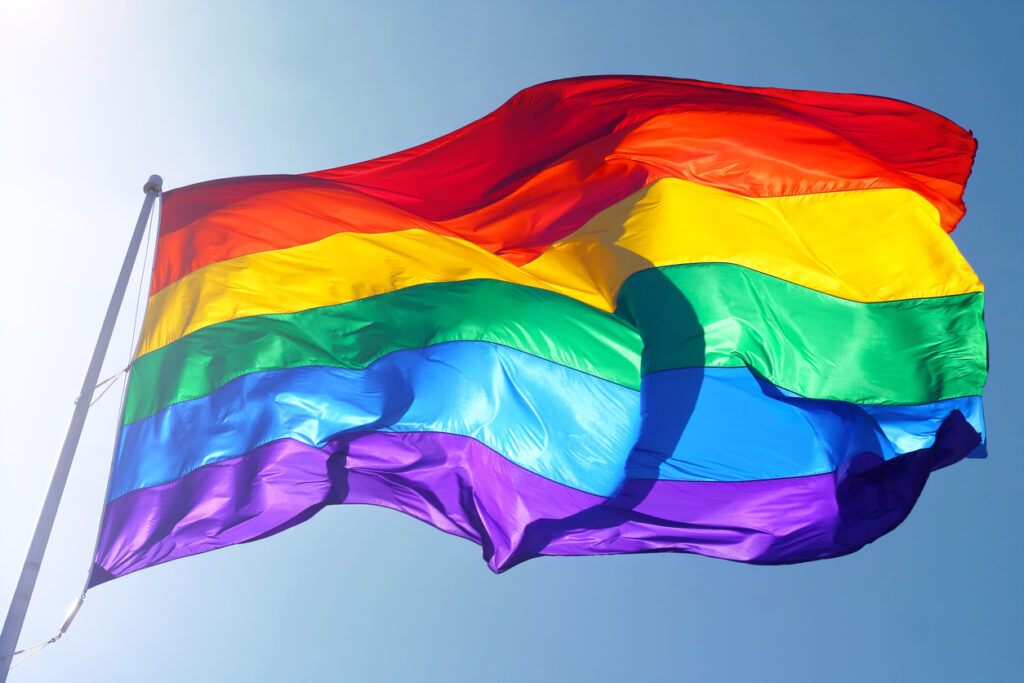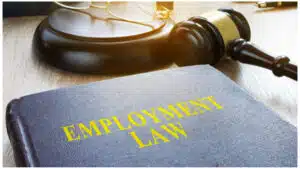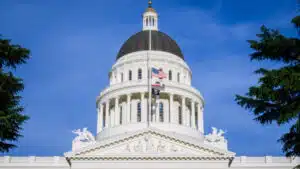Written by: Matt Gramly
On Monday June 15, 2020, the United States Supreme Court handed down a decision stating with firmness and clarity that any employer who fires an employee for being gay or transgendered is in violation of the law. The law being violated in that instance would be the Title VII of the 1964 Civil Rights Act. Title VII makes it “unlawful . . . for an employer to fail or refuse to hire or to discharge any individual, or otherwise to discriminate against any individual . . . because of such individual’s race, color, religion, sex, or national origin.” The basic argument is that if an employer has two employees, one male and one female, but only fires the male employee because he dates men, but doesn’t fire the female employee because she dates men, the employer has discriminated against the male employee on the basis of his gender. The employer accepts behavior from the female employee that he does not accept from the male employee and the only difference between the two employees is their gender.
This ruling is monumental for LGBTQ rights. The full complement of anti-discrimination employment protections found within the Civil Rights Act have now been extended to the LGBTQ community across the country. It is now illegal in the United States for any employer to fire an employee on the basis of their sexual orientation or gender identity. Prior to Monday’s decision it was still legal for an employer to do so in 26 states. With Pride celebrations and parades being canceled across the country because of the coronavirus pandemic, it is also fitting that this decision was handed down by the Court during Pride month.
Also of great importance is which Court Justice wrote this opinion. The decision itself was a 6-3 majority with conservatives Chief Justice John Roberts and Trump-appointed Justice Neil Gorsuch joining the Court’s four more liberal members. The forceful, no-nonsense opinion was written by Justice Gorsuch in very clear language leaving no ambiguity to the Court’s decision.
An immediate backlash formed on the right in this country. Many religious conservatives decried the ruling as an attack on religious freedom. Evangelical leader Franklin Graham issued a fiery response to the ruling on Facebook, stating, “I believe this decision erodes religious freedoms across this country. People of sincere faith who stand on God’s Word as their foundation for life should never be forced by the government to compromise their religious beliefs. These are the freedoms our nation was founded on.” He is arguing that his religious freedom is negatively impacted and should be prevented from firing someone from his church for being gay or transgender. The law now disagrees with him.
His argument strikes at a fundamental misunderstanding of the term “religious freedom” specifically as used by someone like Mr. Graham. Religious freedom means the freedom to practice whatever religion you choose. It also means, as stated in the First Amendment, that the government cannot force you to practice any particular religion against your will. For example, “I cannot do something because it goes against my religious beliefs,” is a perfectly distilled illustration of this. However, “YOU cannot do something because it goes against MY religious beliefs,” the position taken by Mr. Graham, is twisting the concept of religious freedom to a degree that is both unacceptable in this country and is in violation of the ideals of individual freedom embodied by our Constitution and Bill of Rights, as affirmed Monday by the Supreme Court. Very often, those who use the term “religious freedom” the loudest and most frequently leave off the two words that actually define this idea for them, “religious freedom to discriminate.”
Many take the position that their religious freedom, their freedom to BE a religious person and to practice their religion in the United States, is being destroyed because they will no longer be permitted to discriminate against members of the LGBTQ community in their hiring practices. Understand that no rights have been taken from Mr. Graham’s evangelicals or any other religious group in this Court ruling. Justice Gorsuch, as he wrote in his opinion, simply read the plain text of the 1964 Civil Rights Act and said, “it is a violation of the law for any employer to discriminate against an employee because of their gender,” which is exactly what the Act says. One astute observer put it this way; Equal rights for others does not mean fewer rights for you – it’s not pie. Another observer, Jesus Christ, put it this way, “You must love your neighbor as yourself.”
The Dolan Law Firm has fought tooth and nail for the rights of the LGBTQ community for decades and will continue to do so. We celebrate the Supreme Court’s ruling as we celebrate Pride month with our families, friends, co-workers, and community. Happy Pride everyone!










